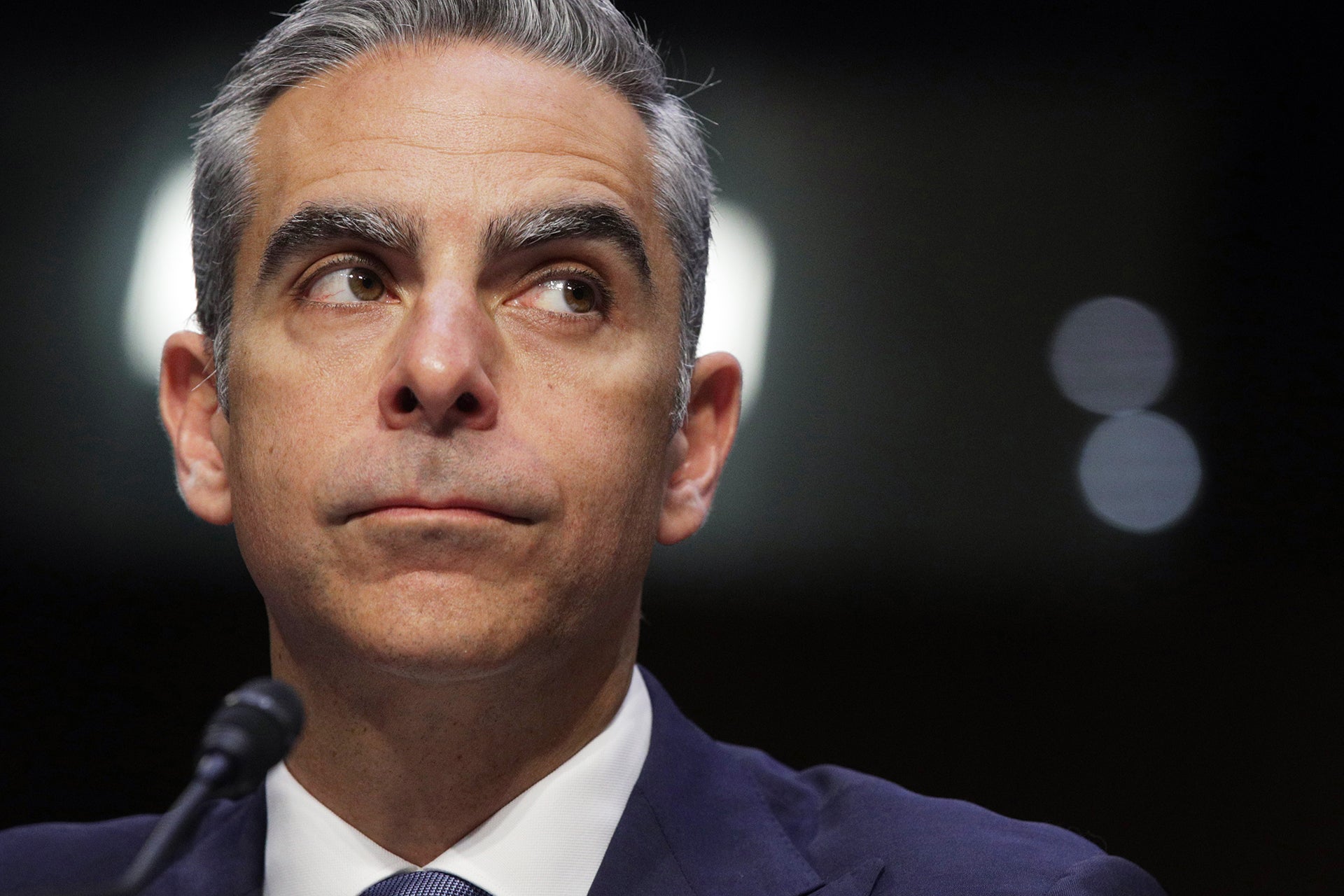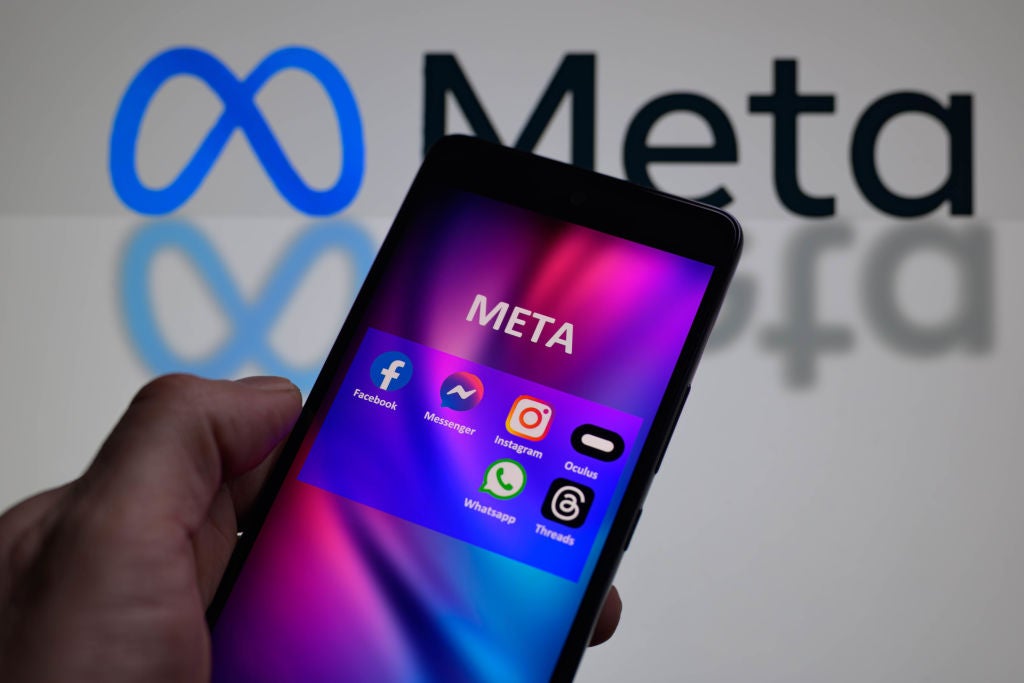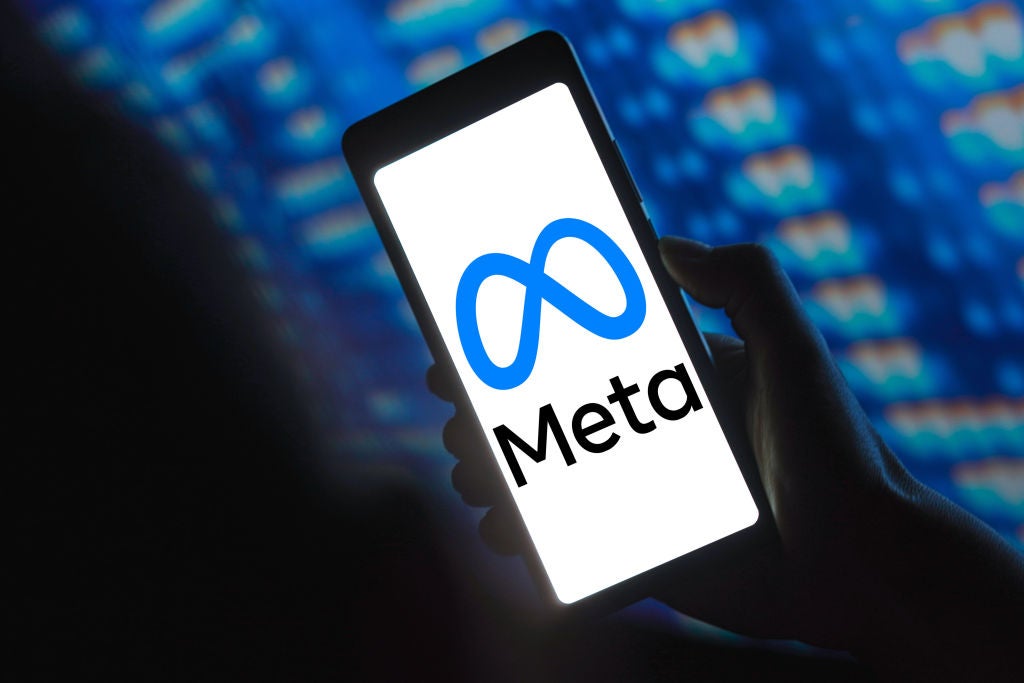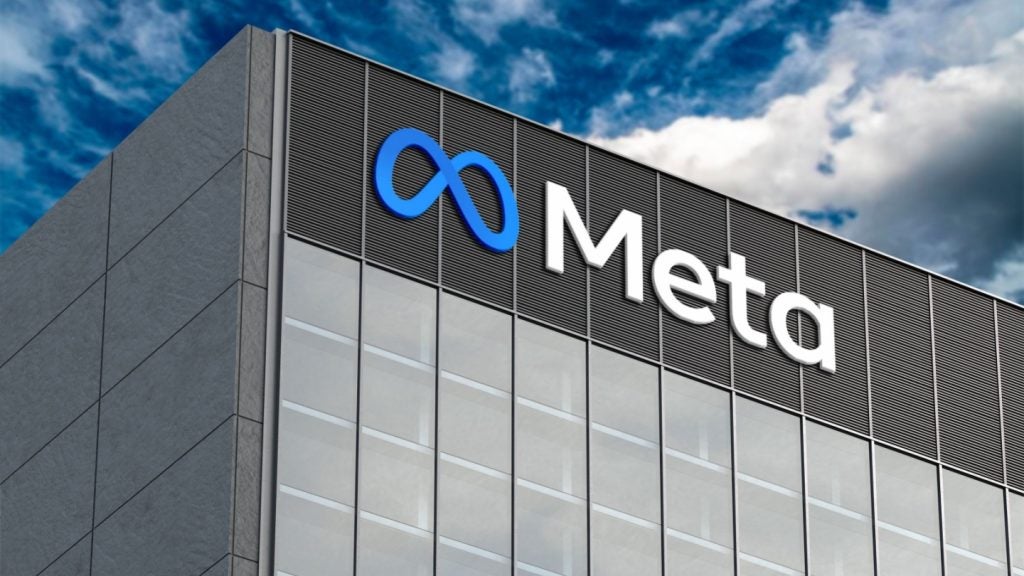
Meta is losing its fintech boss. David Marcus is the head of Novi, Facebook’s upcoming digital wallet, and a co-founder of Diem, the Facebook cryptocurrency project formerly known as Libra. Both schemes were announced in 2019 and originally due to launch in the summer of 2020.
However, the projects have been delayed due to massive pushback from lawmakers, regulators and the general public. Now, with Marcus leaving for pastures unknown, the future of both initiatives has been put into question.
The former PayPal president sent shock waves through technology and financial circles on Tuesday, November 30, when he announced that he’d leave Meta at the end of 2021.
“While there’s still so much to do right on the heels of launching Novi – and I remain as passionate as ever about the need for change in our payments and financial system – my entrepreneurial DNA has been nudging me for too many mornings in a row to continue ignoring it,” Marcus tweeted, referencing the digital wallet’s limited pilot in Guatemala and the US, launched in October.
Personal news: after a fulfilling seven years at Meta, I’ve made the difficult decision to step down and leave the company at the end of this year. (1/7)
— David Marcus (@davidmarcus) November 30, 2021
How well do you really know your competitors?
Access the most comprehensive Company Profiles on the market, powered by GlobalData. Save hours of research. Gain competitive edge.
 Company Profile – free sample
Company Profile – free sampleThank you!
Your download email will arrive shortly
Not ready to buy yet? Download a free sample
We are confident about the unique quality of our Company Profiles. However, we want you to make the most beneficial decision for your business, so we offer a free sample that you can download by submitting the below form
By GlobalData
Marcus says he plans to have “more free time in the months to come” before embarking on a new, as yet undisclosed, project that he only described as “new and exciting”.
Marcus joined Facebook in 2014 after clocking up time at PayPal as the company’s president. He had joined PayPal after the payments processing provider had acquired Zong, a mobile payment startup Marcus had founded, in 2011.
He originally ran Facebook’s Messenger chat service until he switched to heading its financial technology department. As such, he has been instrumental in the development of WhatsApp Pay and Facebook’s payments service, which GlobalData’s researchers have interpreted as proof of its ambitions to become a super app, a digital one-stop-shop for all consumer and social needs.
He is better known for being one of the founders of Diem, the cryptocurrency formerly known as Libra, and Novi, which changed its name from Calibra in 2020.
“I’ve learned so much working with you and I’m so grateful for everything you’ve done for this place,” Mark Zuckerberg, Meta’s CEO and founder, said in response to Marcus’ post. “We wouldn’t have taken such a big swing at Diem without your leadership and I’m grateful you’ve made Meta a place where we make those big bets.”
Stephane Kasriel, VP of product at Novi, will replace Marcus as the new head of Novi in a move some pundits have seen as evidence that Meta’s leadership has perhaps lost confidence in Marcus.
“Stephane Kasriel has already updated his Linkedin profile to state that he is the ‘head of Novi’ so it seems pretty clear that the move has been made to allow Stephane to take over where Marcus has perhaps failed to deliver,” says Liam Andrew Wright, chief digital officer at business consultancy Graft Social.
“The blockchain space is fast evolving and whilst Marcus may have led PayPal that doesn’t necessarily mean he’s equipped for the evolution and next phase in the world of digital payments.”
Facebook rebranded itself as Meta in October.
What’s going on with Novi and Libra?
Diem née Libra and Novi née Calibra were first announced in the summer of 2019. Facebook spearheaded the projects, arguing that they would provide 1.7 billion unbanked people with access to the modern financial world.
Despite Facebook’s history of playing fast and loose with people’s personal data – the Cambridge Analytica Scandal had been unearthed just the year before – some fintech wonks were willing to give Zuckerberg’s team the benefit of the doubt.
“Facebook’s Libra could mean greater financial inclusion and greater access to the digital economy,” Yoni Assia, CEO of brokerage company eToro, told Verdict at the time.
However, that sentiment was not shared by politicians, regulators, central banks or regular media commentators. They expressed concerns over what Libra would mean for the control of monetary policies by central governments and, by extension, what it would mean for people’s individual freedom and democratic rights. They also worried about the risk of Libra harming people’s right to privacy.
The Libra Association, which has been renamed as the Diem Association, was and is central to these worries. The membership organisation consists of technology, ecommerce and financial companies as well venture capital firms and nonprofits. Together they manage the development, rollout and governance of the digital dosh.
Detractors feared the implementation of Libra/Diem would mean a private and unelected membership organisation would be able to hold the financial fate of entire countries in its hand.
Others worried about the risk of Libra suffering the same volatility experienced by other cryptocurrencies such as bitcoin.
Marcus himself had to endure an intense grilling from the Senate Committee on Banking, Housing and Urban Affairs in July 2019. That was only the beginning. Facebook and the Libra Association spent the next year facing intense scrutiny on both sides of the Atlantic.
To sooth the naysayers, Zuckerberg said in his prepared remarks at a Senate hearing in October 2019 that Facebook would “not be part of launching the Libra payments system anywhere in the world unless all US regulators approve it”.
To ensure the legitimacy of the organisation, the then-Swiss-based Libra Association announced that it would pursue a payment system licence in Switzerland in September 2019. In May 2021, it abandoned those plans and said it would move its headquarters to California. At the same time it said it would launch a stablecoin tied to the US-dollar instead of its original ambition to be a universal digital currency tied to a basket of major currencies and government debt.
Those changes may have been too little too late. The harsh backlash had already seen several founding members of the Libra Association tear up their memberships. Visa, Stripe, Mastercard, eBay, Mercado Pago and Stripe had all left the association by October 2019. Libra co-founders Kevin Weil and Morgan Beller have also abandoned the project.
In May 2020, Calibra was renamed Novi. In December 2020, the Libra Association was renamed the Diem Association as Libra was renamed Diem. The projects have been relatively quiet since then.
“I don’t think it’s completely dead,” Tamás Kádár, CEO of SEON, tells Verdict. “In October, we saw the launch of Novi, a cryptocurrency wallet available to a limited number of people in the United States and Guatemala. With that said, it’s clear the scale of the project is now much smaller than what was initially envisioned.”
Novi did indeed launch a small trial in October. Marcus said at the time of the pilot that the plan was to migrate Novi to the Diem network once it had received regulatory approval. However, he may have to wait some time as politicians are still not satisfied with the efforts made by Meta to soothe their concerns.
A group of US lawmakers lashed out against the pilot in October, saying Meta could not be trusted to manage the new payment infrastructure, particularly following new revelations from whistleblower Frances Haugen who revealed how Facebook has allegedly put profit before the protection of its users.
“Facebook cannot be trusted to manage a payment system or digital currency when its existing ability to manage risks and keep consumers safe has proven wholly insufficient,” senators Brian Schatz, Sherrod Brown and Richard Blumenthal, Elizabeth Warren and Tina Smith wrote in an open letter to Zuckerberg.
“I think Meta is always going to have issues around getting Diem launched given the potential issues around monopolisation of the digital space, something that is already a huge concern globally with regards to the corporation,” Graft Social’s Wright says.
“I can’t see any government wanting to allow Meta to run their own currency as it could quite quickly start to compete on a global scale with the likes of the Euro, Pound, Dollar and Bitcoin. Meta has an active monthly user number of 3.6 billion people. If even 50% of those users started using Novi and Diem that would give Meta the sort of power no corporation has ever had before.”
Some believe Diem née Libra and Novi née Calibra could become more important for Meta as it progresses its metaverse ambitions.
“My hunch is that we’ll start to hear more about it once the company’s metaverse project is further along,” says Kádár. “I’m still not sure how successful it will be. Considering some of the news stories associated with the company in recent years I highly doubt the public would want to tie their finances to Facebook.”
The Diem Association and Meta did not return Verdict’s requests to comment on this story.
UPDATE
Following Marcus announcing his departure, Facebook said on Wednesday that it would soften its ban on cryptocurrency advertisement. The ban had been introduced in January 2018 in an effort to prevent “financial products and services frequently associated with misleading or deceptive promotional practices” to run ads the platform. The block was softened slightly in May 2019.
Cryptocurrency companies could previously submit an application and include any licences they had and any other important information, such as if they were trading on a public stock exchange.
Meta’s new easing of its restrictions will expand the number of regulatory licences it accepts from three to 27.
“We’re doing this because the cryptocurrency landscape has continued to mature and stabilize in recent years and has seen more government regulations that are setting clearer rules for their industry,” the company said in a statement.
UPDATE
A few days after this story was published, Meta announced that it had extended its Novi trial to WhatsApp in the US. The pilot programme will enable a limited number of users to send and receive money within the chat using the stable coin Pax Dollar.
Novi said in an update: “Using Novi doesn’t change the privacy of your WhatsApp personal messages and calls, which are always end-to-end encrypted.”







